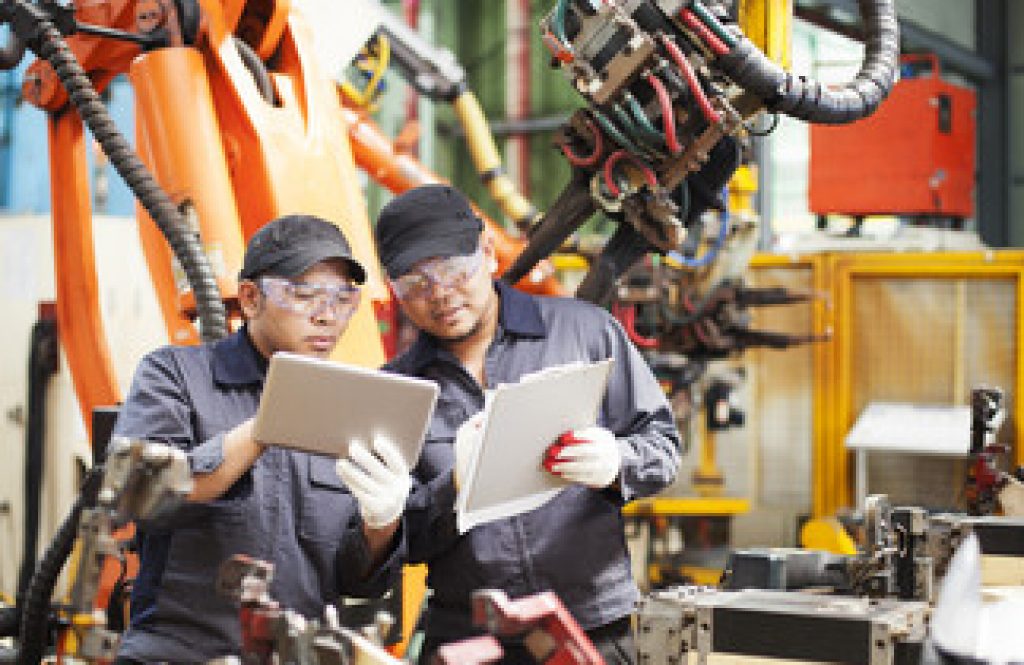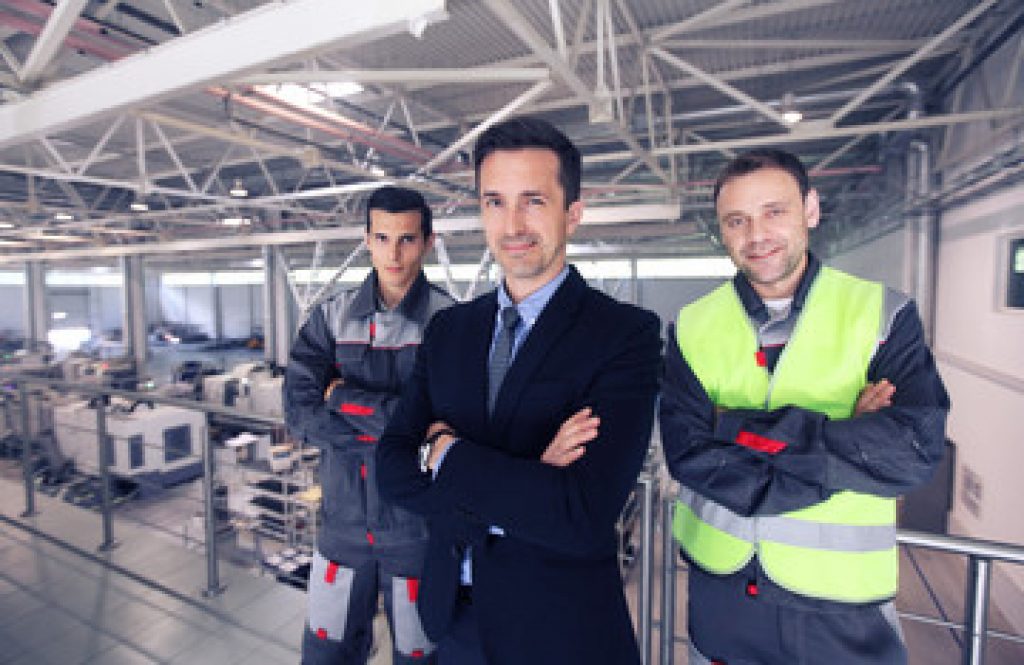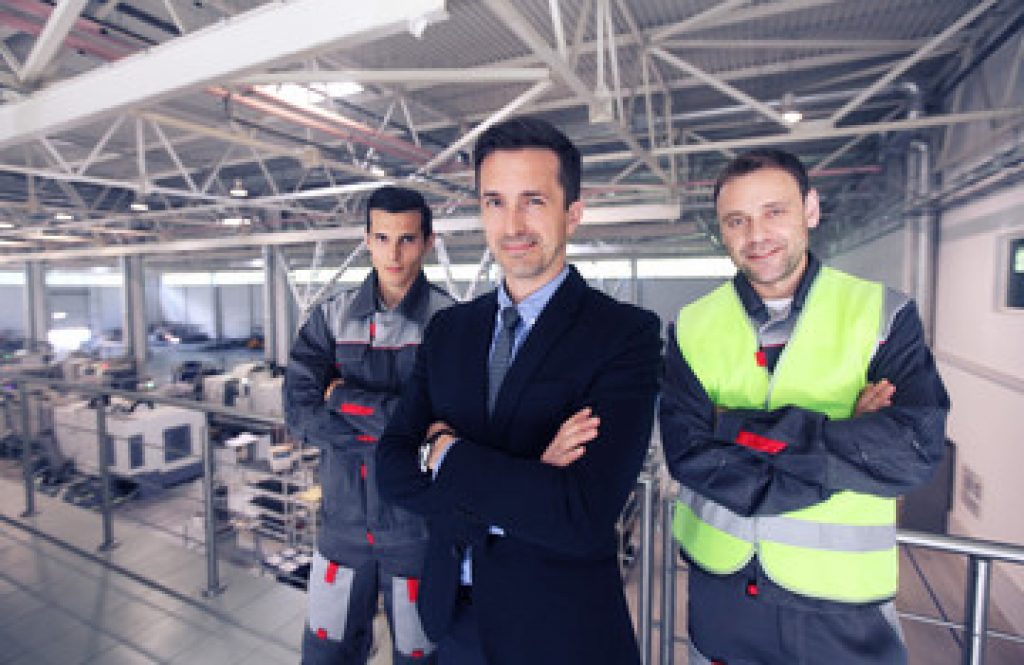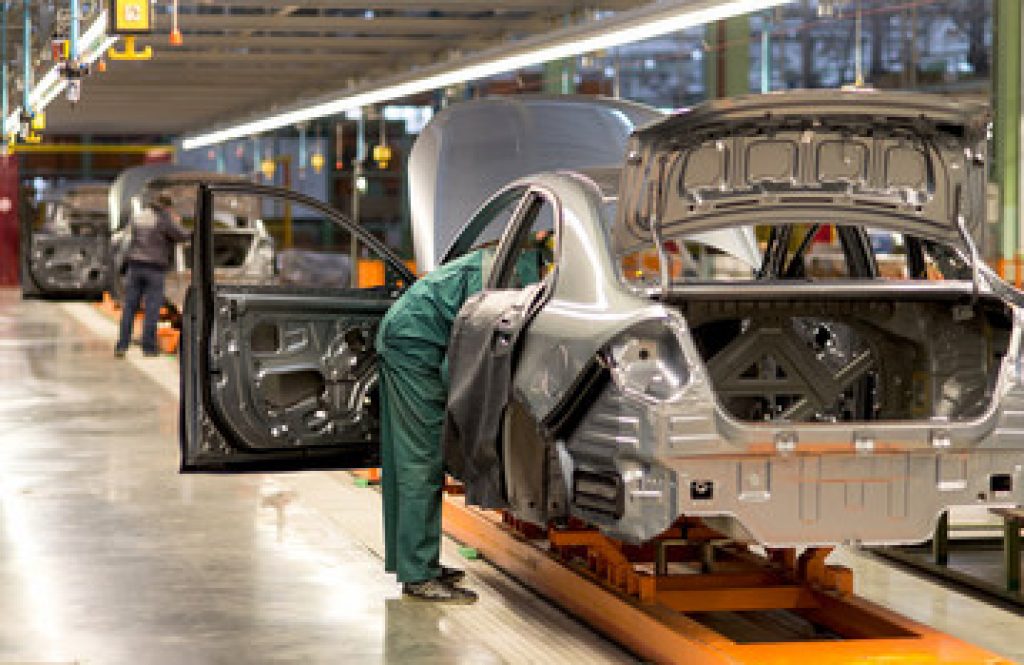Mexican Maquiladoras Move Towards Advanced Manufacturing
Skilled Human Resources are Critical to the Growth of Mexican Maquiladoras.
In the last three decades, Mexico has evolved from what was a mostly centrally-controlled and public sector driven economy to one that today is among the world’s most free market and export driven. During these thirty years, the Mexican maquiladoras have been a large part of making the country the fourth largest exporter of products in the world after Germany, Japan, and South Korea. The country now has one of the most sophisticated productive sectors in Latin America. Mexican maquiladoras are leading the way.
For most of their existence, the Mexican maquiladoras have functioned as manufacturing plants that have been occupied in the simple assembly of foreign-made and supplied inputs into items that were shipped to foreign markets. Although there is much room to grow in sophistication, increasingly Mexico moves up in the value chain. Mexican maquiladoras now manufacture advanced items for many industries. Included among them are the food industry, aerospace, plastics, mechatronics, automotive, and industrial robotics.
Because of the measurable growth and increasing complexity of the nation’s industry, Mexico is becoming seen globally as a producer of advanced products. In 2015, in excess of fifteen billion dollars’ worth of advanced manufactured products had Mexico as their nation of origin. Items produced that are in this category include optical components, medical devices, advanced electronics, mechanical goods, advanced manufactured items for the aerospace industry, and biotechnological items.
One of the most important concerns of the Mexican maquiladoras at present is adequately educating the Mexico’s workers to boosts its ability to meet the requirements of positions in emerging advanced industries. A key way by which this is being accomplished is by building a tight linkage between private sector firms and institutions of higher learning. Mexico is working diligently in this area. Among the organizations working to strengthen business-academics connections are the Ministry of Finance and Public Credit (SCHP), the Secretariat of Public Education (SEP), the Ministry of Economy (SE), and the National Council of Science and Technology (Conacyt). In Mexico, at present, there are sixty-three engineering degree programs being taught at Mexican technical institutes and universities. These academic programs have been designed to respond to the demands of the Mexican maquiladoras. Furthermore, there is a Center for Advanced Technology (CIATEQ) in Mexico with its headquarters located in the state of Queretaro. The Center for Advanced Technology is part of an organization of Centers focused on advanced manufacturing that, in addition to its headquarters, has a presence in 8 states in the Republic of Mexico. CIATEQ’s services are divided into several specialty areas. Among them are:
- IT, Electronics and Control
- Mechanical systems
- Measurement systems
- Engineering and construction of plants
- Plastics and advanced materials
- Virtual Engineering and manufacturing
Additionally, CIATEQ offers technical services in the service areas of:
- Characterization of plastics and materials
- Destructive and non-destructive testing
- Metrology
Additionally, the Center for Advanced Technology also offers MAs and PhDs in advanced manufacturing.
One advanced industry that is steadily establishing a strong global presence in Mexico is aerospace. Just 13 years ago, there were only 100 companies from the US and Europe manufacturing in this sector. As of now, however, that number has grown to a sizable 330 firms. To continue to expand further into the future aerospace Mexican maquiladoras will require many trained laborers in areas such as metrology, casting, forging, CNC machining, heat treating, and other highly skilled positions.
Mexican maquiladoras in the automotive sector will also increasingly require well-trained workers in the future. According to the executive director of the Mexican Association for the Automotive Industry (AMIA), Eduardo Solis, the country will be obliged to increase the knowledge and skill of its employees to address the demands of an industry which is continually innovating and bettering it produces. He urges that companies not only to think of Mexico as a source of inexpensive labor but also as a source of labor that has the capacity to confront the challenges that that are a part of a modern, productive sector.
A state in Mexico that has recently seen a significant rate of growth in advanced manufacturing recent years is Jalisco. In the last five calendar years, the state has recorded an expansion in this area of more than 6%, which includes companies in robotics, metal mechanics automotive, aerospace, and software industries. In terms of the cumulative growth of the economy, Jalisco ranks 4th in Mexico behind Queretaro, Monterrey and Mexico City. Francisco Castaneda, director of Jalisco’s robotics cluster, asserts that it is of fundamental importance that workers are adequately trained and educated to take advantage of employment opportunities that are now emerging. According to him, a deficiency of required skills will not only slow the growth of Jalisco’s economy but also that of the Mexican Republic as a whole.











